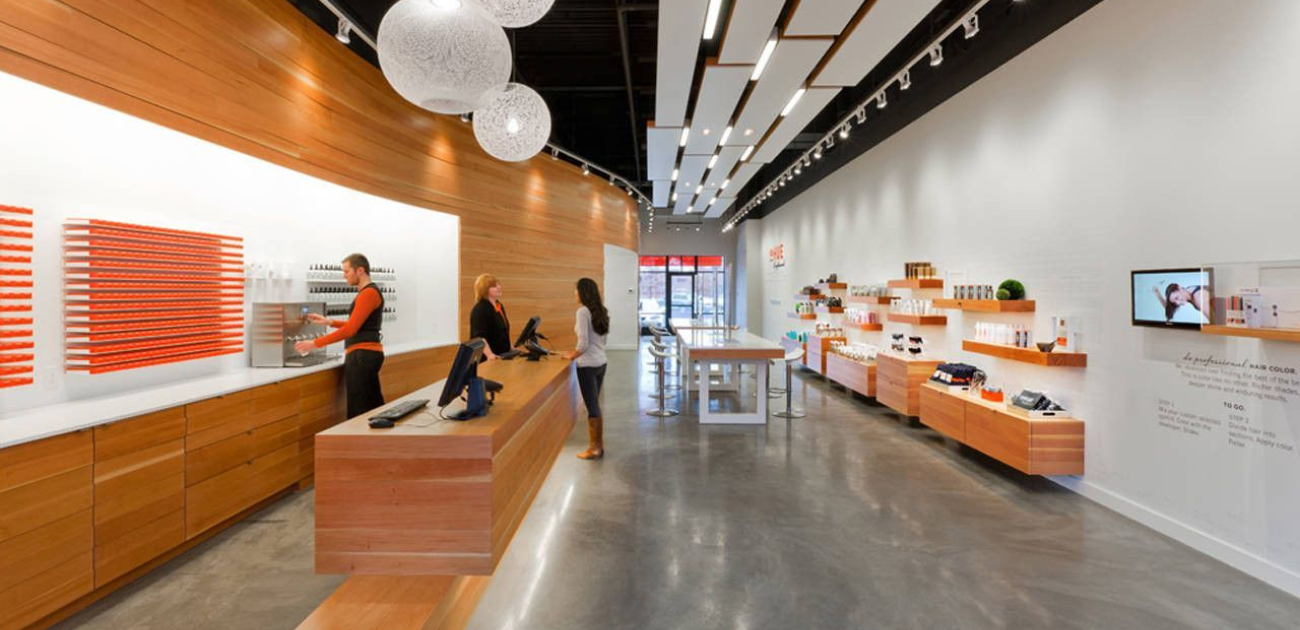Four Ways for Leases to Keep Up with Innovative Retail
Industry experts seem to agree that while traditional retailers may be on the decline, innovative stores that focus on “experiential retail” -- interesting, memorable, interactive, multi-sensory shopping experiences -- will continue to thrive. To keep up with developments in the retail sector, landlords and tenants should consider modifying their retail leases in several ways:
- Allowing greater flexibility in use. The language of many leases includes narrow and tailored uses for the leased space. In order to foster more experiential retail, permitted use language could allow flexibility to provide customers with a dynamic shopping experience, whether it involves hands-on activities or opportunities for social experiences, including sharing on social media. For example, apparel tenants offering cosmetics or makeovers as promotional services might create a draw for the customer. A grocery store might also include a restaurant, beer garden or wine bar as part of its retail experience. As a corollary, tenants need to allow landlords more flexibility in offering experiential and service related uses in their centers. Historically, leases have been very restrictive on uses that are strictly oriented towards retail sales only. If experiential retail is the future, both landlords and tenants must look at their leases critically and consider ways that encourage and permit the growth of uses which will drive customers to retail locations but are not necessarily directly tied to the cash register.
- Carving out pop-up and experiential uses from exclusives. Retail tenants should allow landlords to carve out short-term pop-up usesand ancillary experiential uses of innovative retailers from their exclusives. To preserve the landlord’s ability to draw innovative stores to its retail center, landlords will require the flexibility to carve out those short-term uses from the exclusives granted to long-term tenants.
- Extending retail center opening hours. The hours for landlord services may need to be extended or made more flexible to permit landlord-led promotional events or to ensure the success of attractions such as playgrounds, skating rinks, movie theaters and even galleries and museums that are being added to retail centers. Similarly, the opening hours for retailers may need to be extended or made more flexible to allow retailers to host evening social gatherings.
- Ditching old ways of calculating percentage rent. Percentage rent calculations based on gross sales per location is becoming outdated as innovative tenants are carrying less in-store inventory and directing consumers to make purchases online. While some tenants, particularly showroom-oriented tenants or online retailers looking to test the viability of a physical store, would likely prefer the traditional percentage rent structure since the bulk of the sales may not be occurring at the brick and mortar location, landlords might consider borrowing from the online concept of “pay-per-click” advertising and calculate, as a substitute for traditional percentage rent, rent based in part on the amount of foot traffic into such stores.
Retail is reinventing itself to cater to fickle consumers valuing the shopping journey as much as the product. Landlords and tenants would be wise to focus on the opportunities to likewise reinvent certain aspects of their leases and operations to accommodate the retail transformation.
Do you want more information?
 Matthew E. Epstein
Matthew E. EpsteinAmerican and international retailers turn to Matt Epstein for business and real estate law advice. Matt has coordinated the national roll-outs of stores for numerous retailers including J.Jill, J. Crew, kate spade, Tory Burch, Betsey Johnson and Swarovski Crystal, including the negotiation of leases at regional malls and urban locations. Matt has over 25 years of experience in a wide range of real estate matters.

